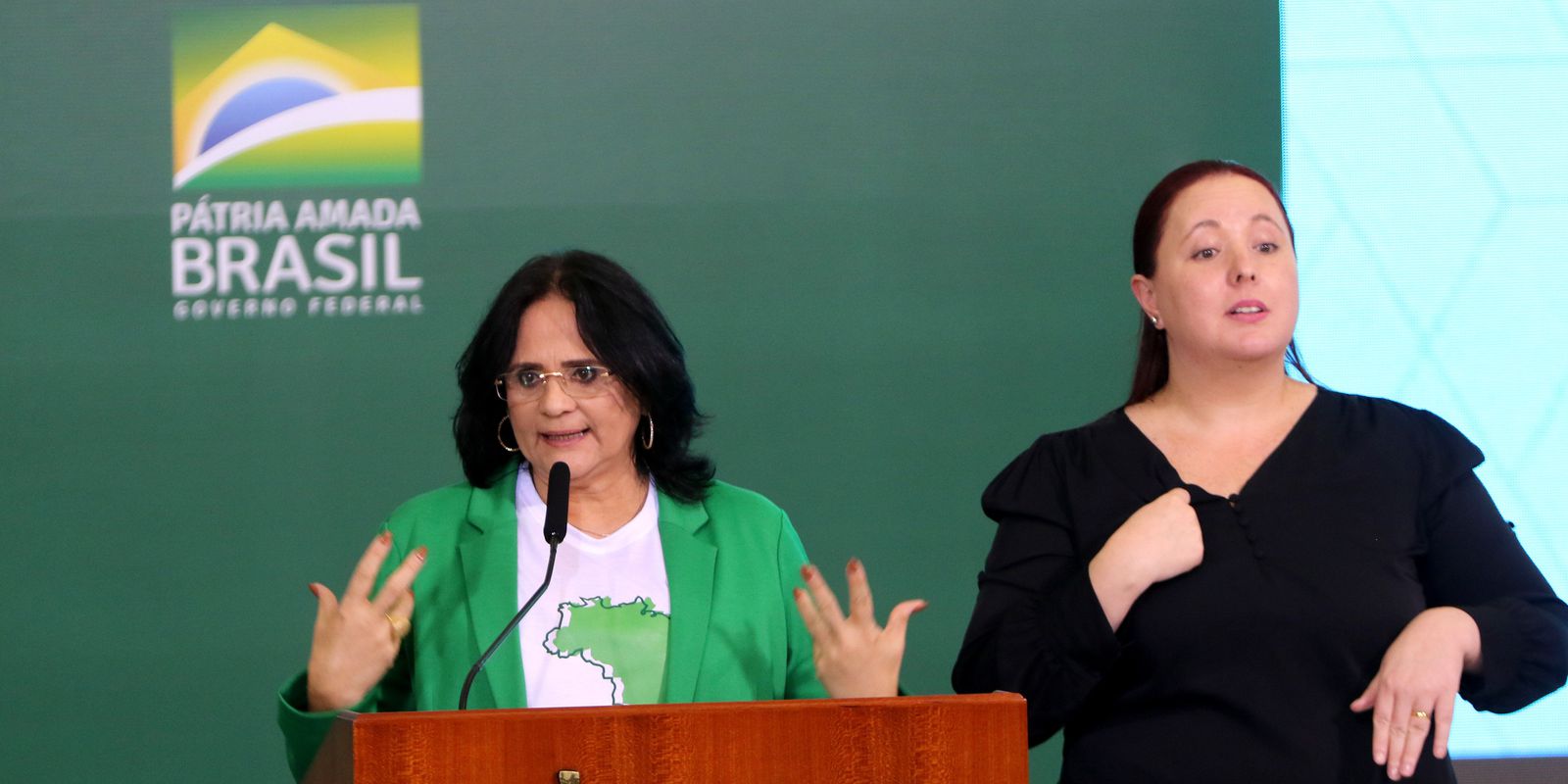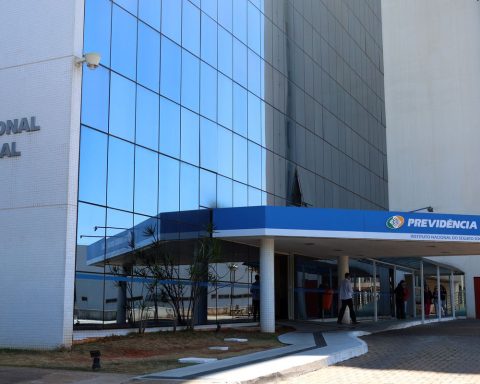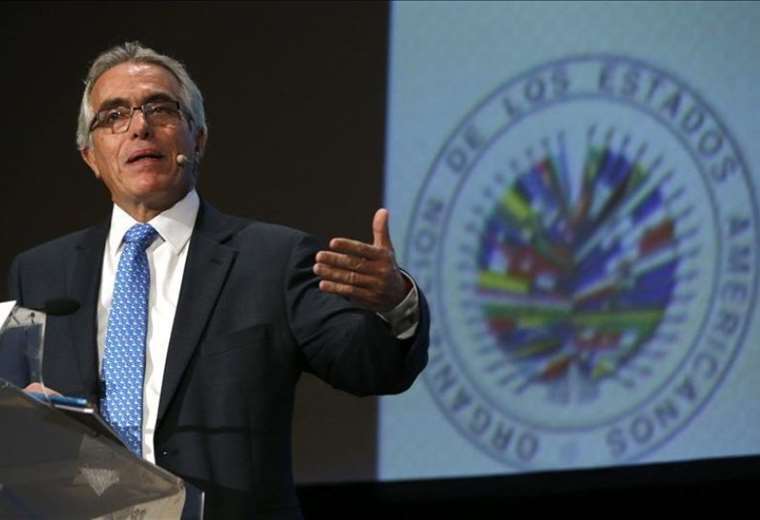The federal government launched three new digital platforms this Monday (21), during an event at Palácio do Planalto, which was attended by President Jair Bolsonaro and several authorities. The National Integrated Human Rights System (Sindh), the Portal of Civil Society Organizations (Portal OSC) and the Federative School are the new tools for access by citizens, public servants and managers of non-profit entities.
SINDH is an initiative of the Ministry of Women, Family and Human Rights that unifies the main information and virtual environments related to public human rights policies in the country. According to the folder, service users will be able to learn about, participate in and access human rights policies, in addition to requesting membership or enrollment in initiatives that may be implemented in their municipality or state.
According to Minister Damares Alves, it is an interactive structure for managing information and implementing public policy.
“The system, as its name says, integrates and unifies, in virtual environments, all the other human rights systems that already exist. I can mention the National Human Rights System, the National Racial Equality System, the National Socio-Educational System, Sinase. We have several systems that make up the National Human Rights Policy and, today, we are delivering to Brazil a single system, where any citizen can access and find the other systems”, explained Damares.
Human rights
Sindh promotes the grouping of different platforms: the Human Rights Content Portal, the National Human Rights System, the Integrated System of the National Human Rights Ombudsman and the Human Rights Social Interaction Platform.
On the Human Rights Content Portal, users can find editorial publications and audiovisual material produced by the Ministry of Women, Family and Human Rights and its partners. In the National Human Rights System, it is possible to register individuals and legal entities, public and private, to adhere to the policies developed by the ministry, such as the creation of councils and municipal funds.
The Integrated System of the National Human Rights Ombudsman is the federal government’s official platform for receiving, recording, handling and forwarding complaints of human rights violations. It includes the Women’s Assistance Center (Call 180) and the Human Rights Hotline (Dial 100).
The Platform for Social Interaction on Human Rights is a virtual environment that offers free training, training and qualification courses in human rights and information and opportunities for social participation in various topics related to the promotion, defense, protection and confrontation of rights violations.
Civil society
The Civil Society Organizations Portal is a tool managed by the Secretary of Government (Segov) of the Presidency of the Republic and is intended to offer free courses on access to legislation, fundraising guides, information on federal programs and support notices. to projects, among other information for third sector entities operating in the country.
Altogether, around 800,000 civil society entities act as public policy agents and will be able to have a virtual reference environment on the platform for searching for information.
“This portal also complies with the recommendation of the OECD Development Assistance Committee [Organização para a Cooperação e o Desenvolvimento Econômico] to strengthen the actors that take economic and social development to places that are difficult to access”, said the chief minister of Segov, Flávia Arruda.
Federative School
The Federative School, a platform also created by Segov, will function as a virtual environment for distance training and qualification for public servants, especially municipal managers. The school will offer several free courses in areas such as budgeting and finance; purchases, contracts and bids; culture; public security; tourism; health; people management and infrastructure, among others.
“The Federative School intends to train the almost 6 million municipal employees, starting with knowledge multiplier agents, in each municipality, so that the new tools of modern technology are incorporated into the Brazilian state and arrive as a more efficient service to each citizen”, highlighted Flávia Arruda.

















